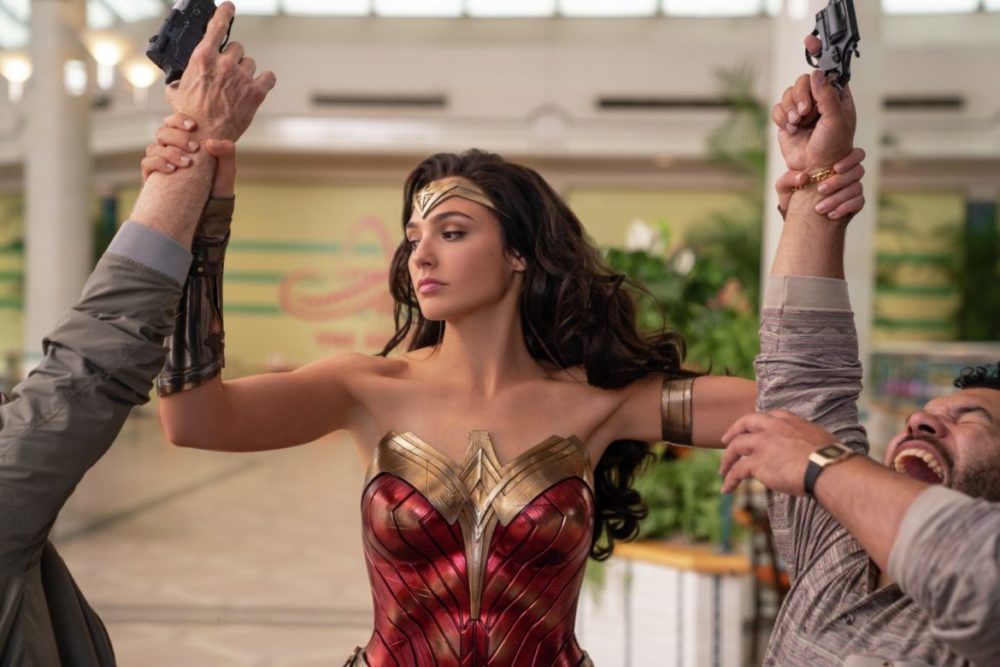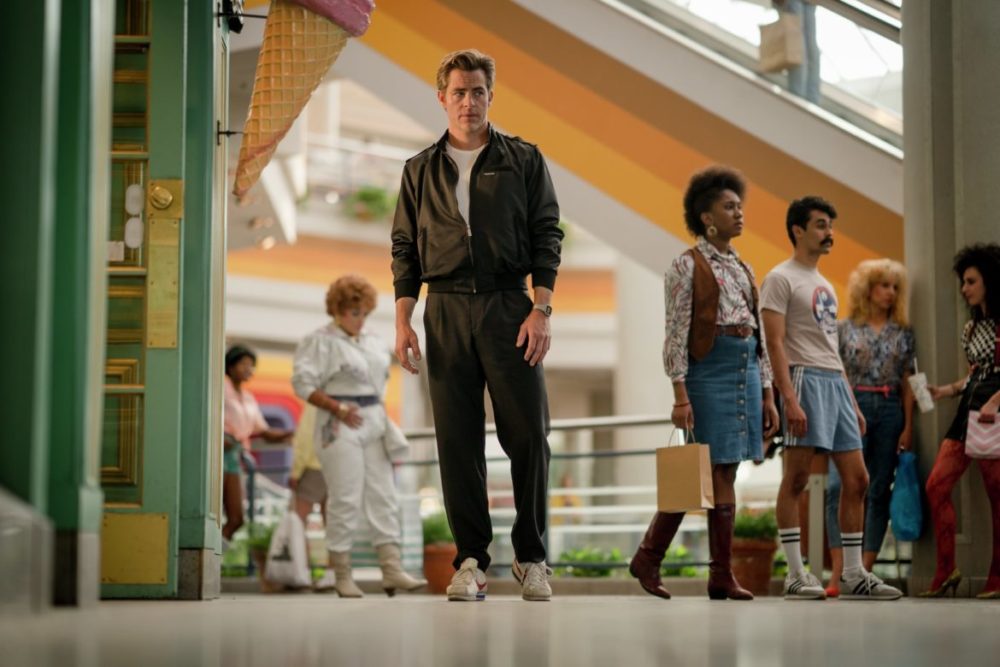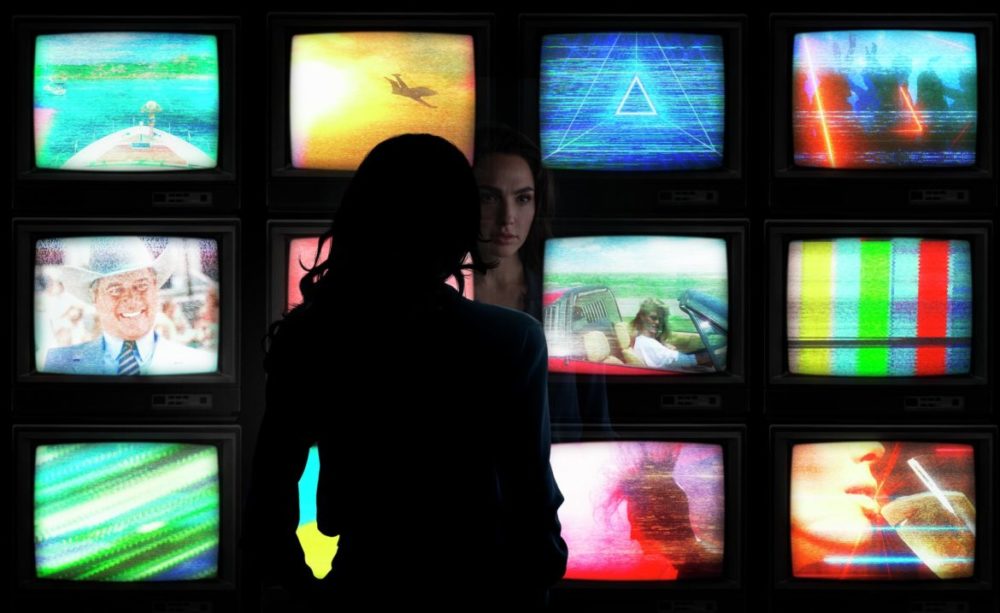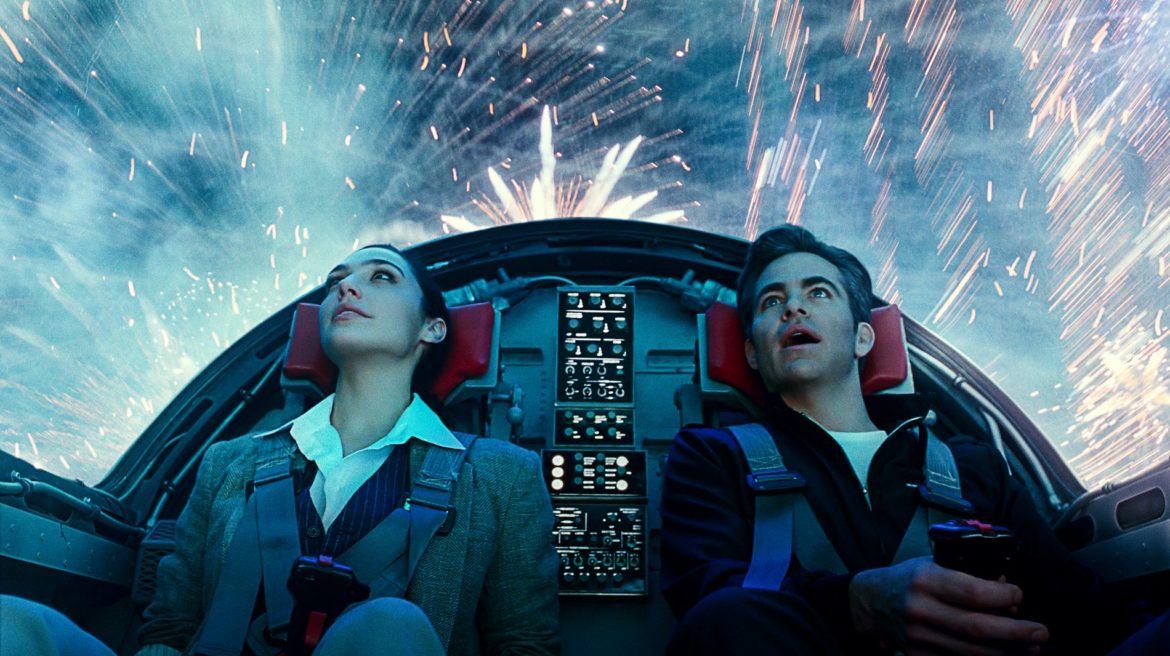TL;DR
Wonder Woman 1984 had all the ingredients for greatness – a stellar cast, a talented director, and a vibrant 80s setting – but ultimately failed to deliver an engaging story. Despite its narrative shortcomings, the Ultra HD release is a technical marvel, boasting stunning 4K picture quality with HDR10+ and Dolby Vision, and a phenomenal Dolby Atmos sound mix. Packed with insightful bonus features, this edition elevates the film visually and aurally, making it a must-see for cinephiles who appreciate top-tier home theater presentations. Discover if the incredible presentation can make up for the film's missed potential – read on for the full review!
Similar to my experience with Tenet, I revisited Wonder Woman 1984 with the release of the UHD edition. Wonder Woman 1984 exemplifies a frustrating scenario in filmmaking: a project featuring Gal Gadot, ideally cast in the lead role (as demonstrated with compelling skill in The Snyder Cut); a highly talented director, renowned for the first Wonder Woman film and the Oscar-winning Monster; the intriguing casting of Kristin Wiig as the antagonist; the use of practical effects in lieu of excessive CGI; the return of Chris Pine; and a vibrant 1980s setting ripe for creative exploration. However, instead of delivering the epic film promised in the trailers, the result is a two-and-a-half-hour experience of underwhelming narrative and missed potential in the form of Wonder Woman 1984.

I genuinely want to appreciate this film, as it possesses all the necessary components. Consequently, I attempted to approach it with an open mind, suspending critical analysis.
Firstly, it’s worth noting that this is an exceptional UHD release, exhibiting remarkable visual fidelity. The picture quality is outstanding, incorporating both HDR10+ (the open, dynamic HDR format) and the more established Dolby Vision, a relatively rare combination. Colors are rendered with exceptional beauty and vibrancy. Furthermore, the numerous nighttime scenes are particularly impressive. The image maintains sharpness where intended, even in wide shots, and the CGI effects are convincingly rendered. Wonder Woman’s luminous lasso appears almost three-dimensional in darker sequences. My initial viewing of Wonder Woman 1984 via the HBO Nordic app presented a subpar picture and sound experience, unfortunately common due to low bitrate artifacts. However, this UHD edition offers a dramatically improved experience. The audio, presented in Dolby Atmos, is equally impressive, delivering a flawless soundscape ranging from subtle whispers to intense battle sequences. It’s an immersive and transformative audio experience. The picture and sound quality warrant the highest praise.

The release includes a generous selection of extras, moving beyond the standard brief documentaries to offer more substantial behind-the-scenes content. Notably, two segments explore specific scenes in the film with considerable detail, a refreshing departure from purely promotional material. While the longer documentary contains some elements of excessive praise, it does not significantly detract from the overall experience. A humorous blooper reel and other supplemental features are also included.

In conclusion, this is a definitive edition of a film that ultimately falls short of its potential. Despite my efforts to appreciate the technical achievements in Ultra HD, 4K, HDR, and Dolby Atmos, Wonder Woman 1984, as a cinematic work, remains unfulfilling for me. However, I am inclined to recommend this release due to its status as one of the best UHD 4K presentations I have encountered. Even if the film as a whole is flawed, several exceptionally stylish and practically realized sequences deserve to be experienced in the highest possible quality – ideally within a home theater equipped with UHD 4K technology.

